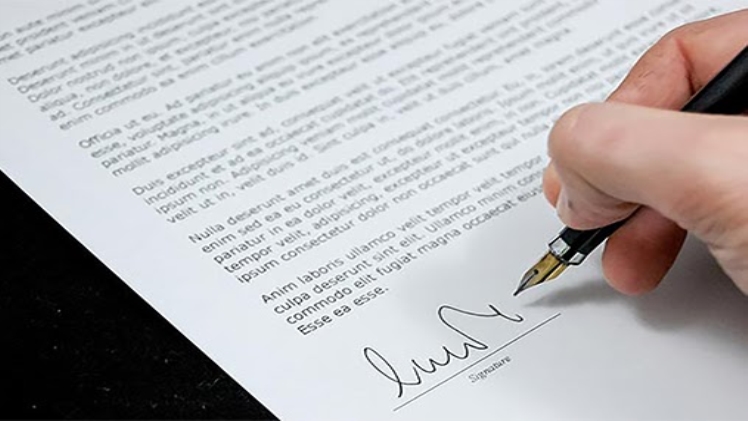A recession is defined as two consecutive quarters of negative growth in the gross domestic product (GDP) (GDP). A recession is defined by a “significant decline in economic activity distributed across the economy, lasting more than a few months,” according to the National Bureau of Economic Research. According to the Small Business Administration, the United States has 30.7 million small businesses, accounting for 99.9% of all businesses. We’ll look at how the recession will affect these 30.7 million businesses further down.
Recession Defined
A recession is a period of economic activity that has slowed or stopped completely. A recession is usually preceded by a major drop in consumer expenditure. Such a slowdown in economic activity might endure for several quarters, thereby halting an economy’s expansion. Economic metrics such as GDP, business earnings, employment, and so on collapse under such a situation.
The entire economy is thrown into disarray as a result of this. To combat the threat, most economies loosen their monetary policies by injecting more money into the system, or raising the money supply. Every business gets affected, even if you have one of the best business ideas, according to The Really Useful Information Company (TRUiC).
Impact Of Recession
Due to tightening credit conditions, slower demand, and widespread fear and uncertainty, recessions affect all types of businesses, large and small.
During a recession, small businesses that lack access to financial and equity markets and are less likely to obtain government bailouts confront unique obstacles. The following are some of the effects of the recession:
Infographic created by Clover, a payment processing company
Credit Conditions
The tightening of financial conditions is one of the first effects of recessions on businesses. Interest rates may first rise, then decrease as the monetary floodgates open, but lending standards in the market tend to tighten throughout the recession, and lenders are more discriminating of the risks they are ready to take on at any interest rate. Even major corporations may have difficulties repaying their debt, which they rely on to keep their operations running. In the decade preceding up to the last few recessions, corporate debt relative to the size of the economy has reached successively greater record highs.
Change In Employee Numbers
Employees may be laid off, and fewer individuals will be able to complete more work. Employee productivity may increase, but morale may deteriorate when hours are extended, work becomes more difficult, compensation increases are halted, and the threat of additional layoffs continues. As the recession worsens and lasts longer, management and labor may come together and agree to mutual concessions in order to rescue the company and jobs. Wage cuts and reduced benefits are possible concessions. If the business is a manufacturer, it may be obliged to shut down factories and phase out underperforming brands. Manufacturers of automobiles, for example, have done so in prior recessions. Future startups may be advised to rather opt for hiring freelance workers for certain tasks.
Cuts To The Quality of Goods and Services
Secondary components of the recession-affected manufacturer’s goods and services may also be harmed. In an effort to reduce expenses even further in order to boost its bottom line, the corporation may jeopardize the quality of its products, and hence their desirability. This can appear in a variety of ways and is a common reaction of many large corporations during a severe recession. Giant food distributors may offer less product in the same size package for the same price. Food quality may be compromised, lowering flavor and driving away cost-conscious consumers with limited brand loyalty who will most likely notice the change.
How To Protect Your Business
During a recession, all businesses, from startups to multinational corporations, are impacted to some extent. Here are some strategies to lessen the impact:
- Staying informed, not only about Australian economics and politics, but also on a worldwide scale.
- Don’t overextend yourself in terms of debt and danger.
- Budgets should be created and followed to avoid overspending.
- Diversify your portfolio.
- Prepare and set up several income streams.
Final Thought
Small businesses and startups can be harmed by recessions. Recessions come and go, with some being more severe and lasting longer. However, history has shown that recessions (so far) always end, and that when they do, a period of economic recovery follows.



